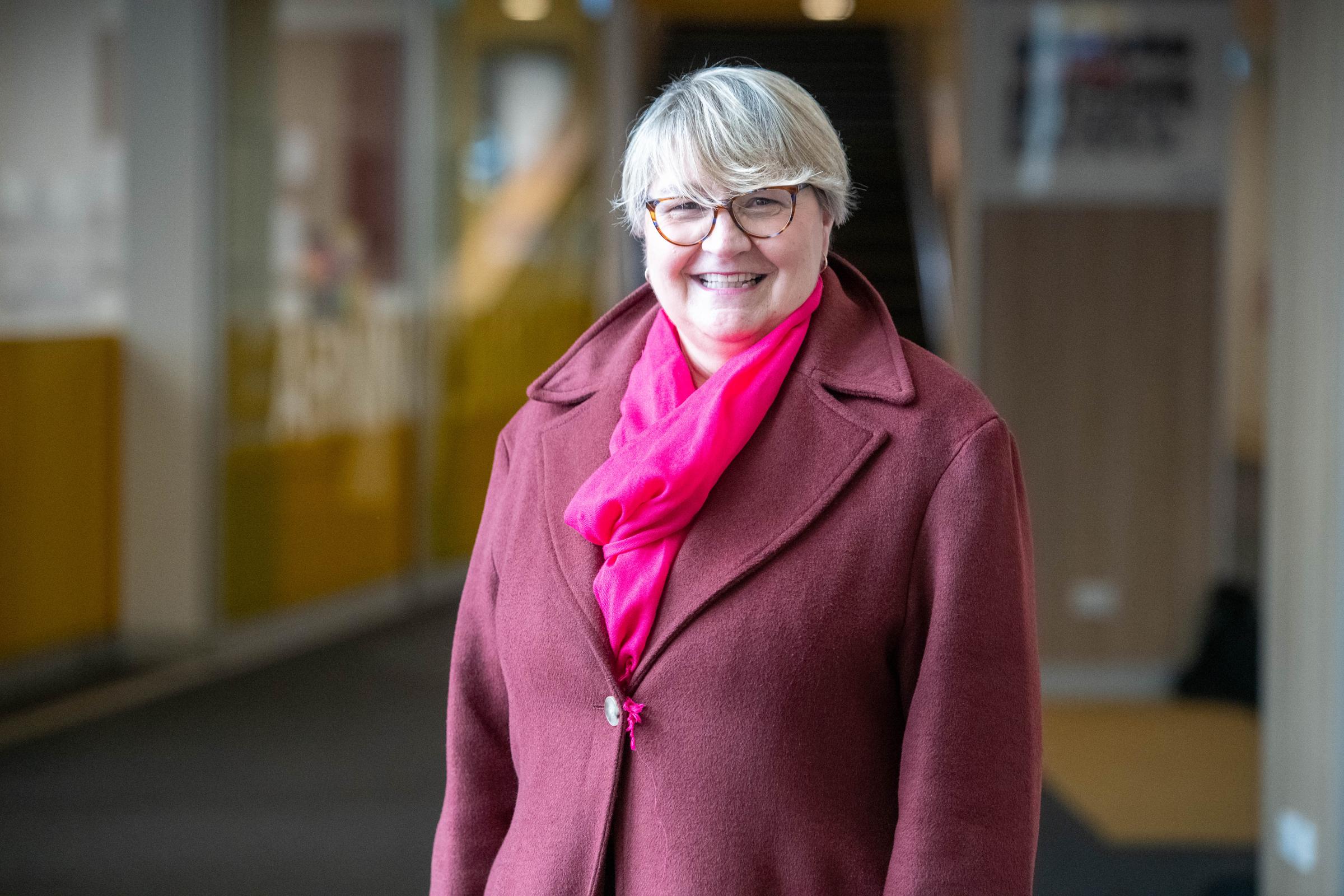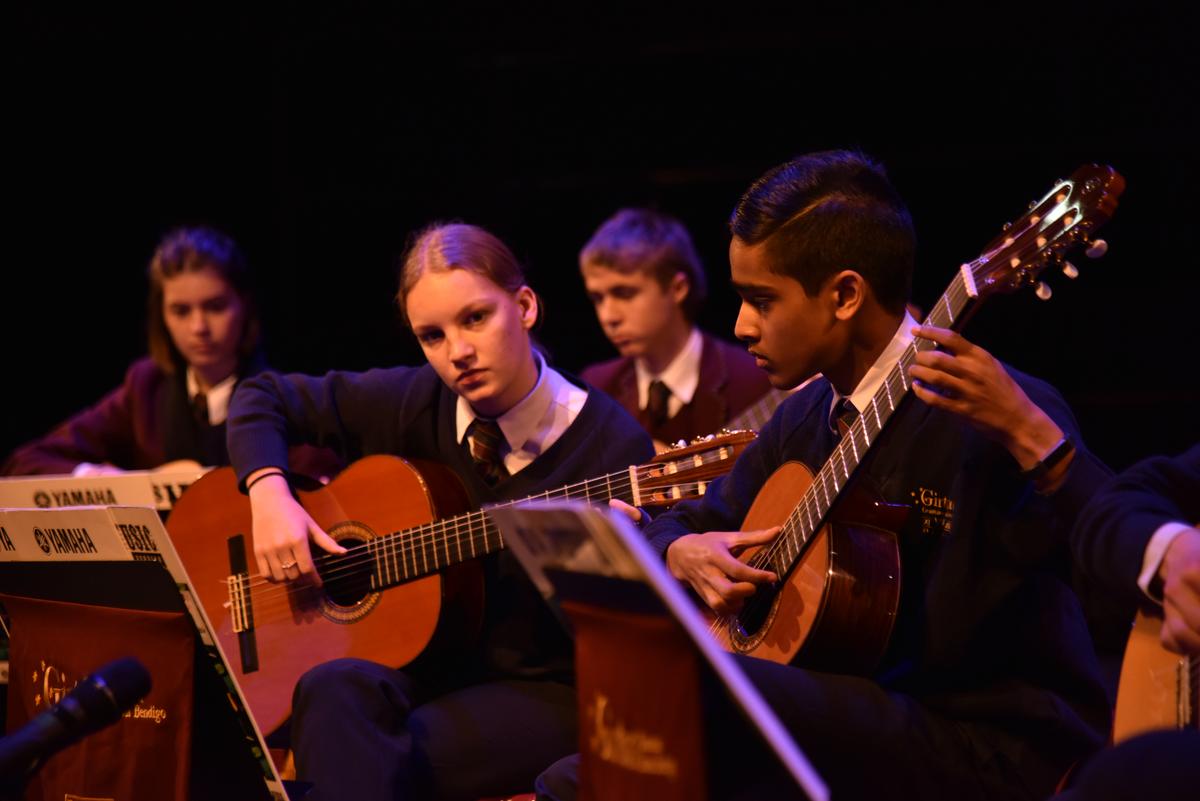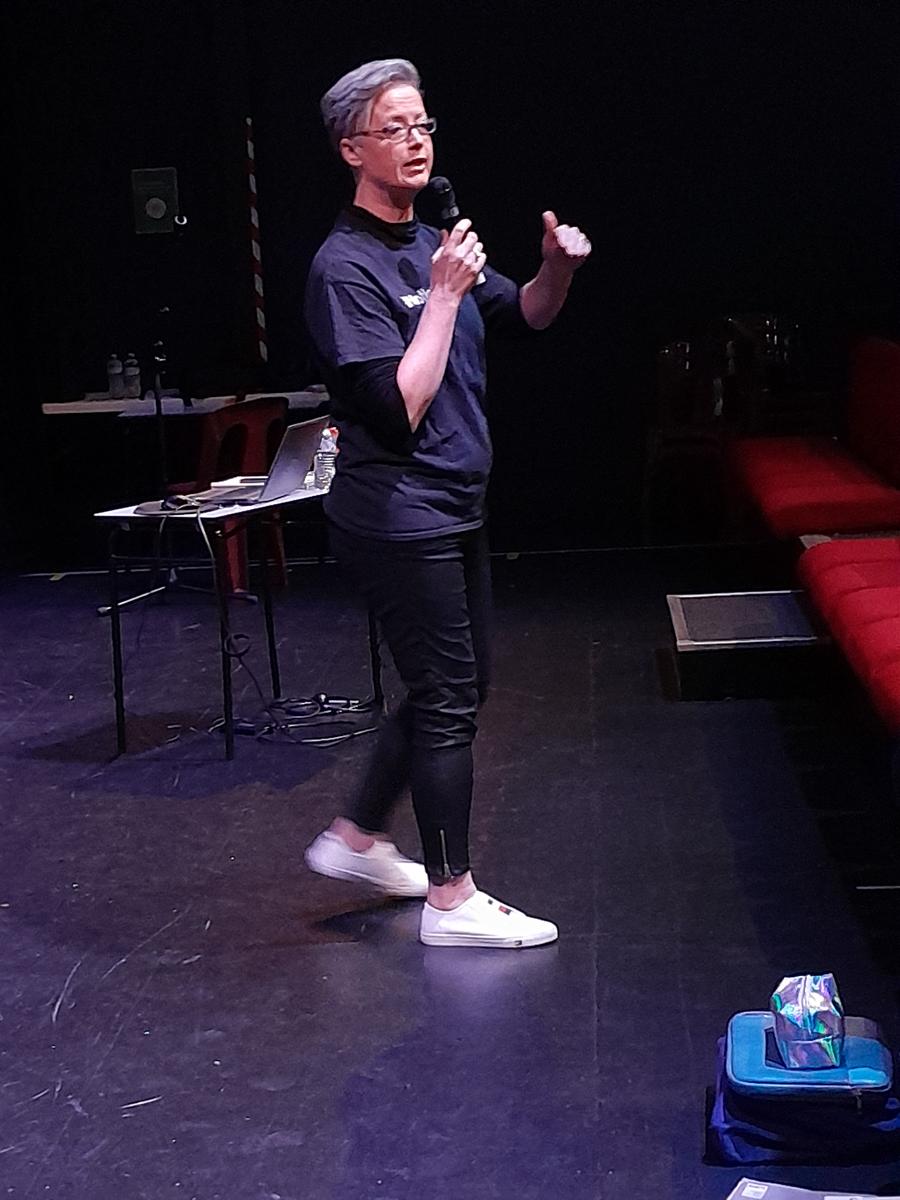From the Head of Senior School

We have now surpassed the halfway point of Term Three, and yet again, the School has been promoting all aspects of curriculum and creativity. Last week we saw the fantastic talents of budding scientists in action during the Science Week activities. During Wednesday lunchtime, I witnessed what looked like the Amazing Race between classrooms in the Naunton Family Building. Preparing and organising these events requires months of planning, and special thanks to Ms Prue Beckwith, Head of Science, and her team for creating a wonderful week promoting Science. It was delightful to witness student involvement. During Motivate, our Year Eleven's were visited by guest speakers from various universities who spoke about their research and roles in science.
Learning science is a worthwhile pursuit in its own right. Students can experience the joy of scientific discovery and nurture their natural curiosity about the world. This leads them to develop critical and creative thinking skills and challenge themselves to identify questions and draw evidence-based conclusions using scientific methods. As the world of employment shifts in an increasingly changing environment, we will need to modify and re-train our skills to match. The gap between knowledge generated in education and the skills required by employers and individuals is expanding.
Fortunately, many of these limitations can be addressed by prioritising science, technology, engineering, and mathematics (STEM), including developing workplace skills in STEM. The 21st-century skills of critical thinking, creativity, cultural awareness, collaboration, and problem-solving will be essential for future careers. In addition, the importance of subjects such as Humanities, the Performing, and Visual Arts are also areas of the curriculum that should not be underestimated for their broad skills. According to an article by the Australian Academy of Humanities, 2020, the top five destinations for humanities graduates are Education and Training, Public Administration and Safety, Professional, Scientific and Technical Services, Health Care and Social Assistance, and Arts and Recreation Services. Research has also shown that the most successful Australian companies rely on 'skills mixing,' bringing humanities, arts, and social science skills (HASS) and science, technologies, engineering, and mathematics (STEM).
Emerging skills are in demand in the following industries: food and agriculture; biotechnology and pharmaceuticals; advanced manufacturing; mining equipment, technology, and services; and oil and gas. In all of these industries, Girton's opportunities for every child through the choices of subjects, electives, VCE, and co-curricular activities enhance their employability or study options beyond Year 12. In addition, the soft skills that a Girton Grammar student develops throughout their life at the school are now recognised as equally important. Students at Girton are exposed to numerous soft skills such as creativity, problem-solving, analytical thinking, communication, teamwork, integrity, passion for success, and a willingness to learn. These soft skills are not always explicitly taught in School. Instead, they are developed throughout their daily lessons, through leadership opportunities, house-based activities requiring teamwork, internal and external sporting events, co-curriculum opportunities, and interactions with their peers and teachers. The Tournament of Minds competition held at La Trobe University on Saturday 20th August is another example of the School encouraging and providing opportunities of these soft skills such as teamwork, curiosity, creativity and collaboration.
Last Tuesday evening, I had the pleasure of attending the Senior School Ensemble at the Ulumbarra Theatre. The evening showcased students' hard work and talent at various ages and stages of their musical journey. Our music students have a range of skill levels and musical aspirations. However, they collectively share expert guidance from our highly qualified and passionate music staff, who strive to develop a deep love of music in all its forms in every child. The breadth and quality of the Girton music programme are attributable to our music staff. Sitting in the audience, I could enjoy and witness the incredible talents of singers and performers of a vast array of musical instruments.
This week I participated in facilitating the Not Even Once webinar for parents on vaping, drugs, and alcohol. The pressure on young people and information about illicit substance use changes constantly, and the latest vaping wave amongst our young Australians is a perfect example of confusing misinformation or, in fact, limited information. Earlier in the year, our Year 7 to 9 students participated in a session that was part of the "Not Even Once" project in schools. Ms. Tanya Cavanagh, CEO of Not Even Once, presented information to all Girton parents to ensure they have the latest information and practical methods for addressing teenage issues related to drugs and alcohol. We know that when the same messages that students receive at school are reflected at home, students respond well. Drugs, alcohol, and vaping affect all young people directly or indirectly. Young people must know where to turn for information, and parents and carers must be well equipped to support children when needed. For parents who missed the webinar, a copy of the recording is available on ASTRA to view. See also the article in this edition of eLink titled "Teens, Vaping, Alcohol and Parties" which contains the webinar link and an additional webinar opportunity.
Ms Dawn Davis
Head of Senior School


